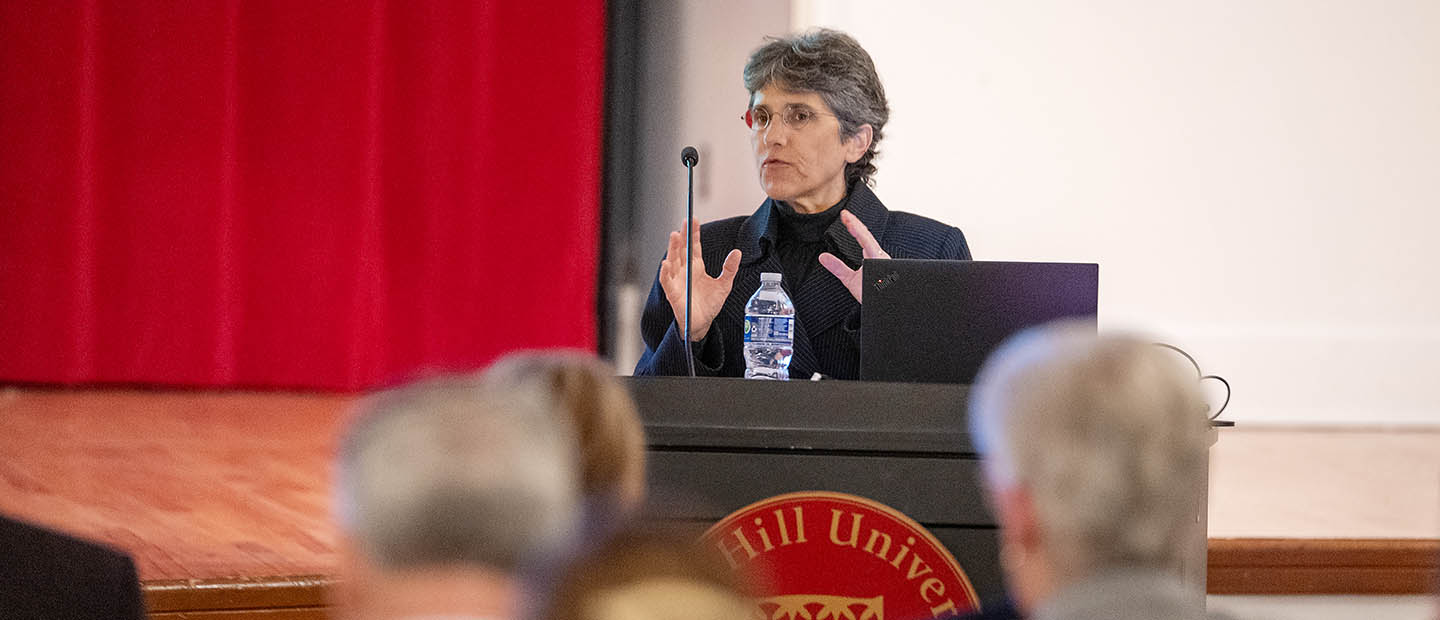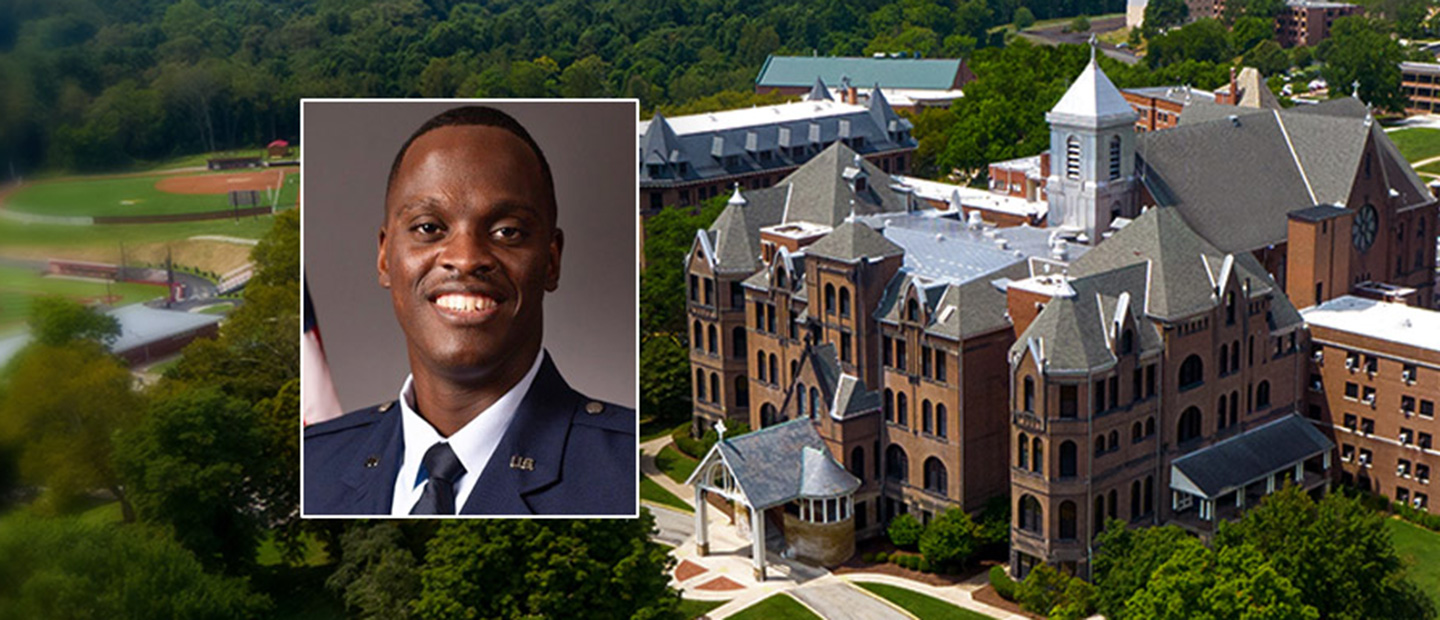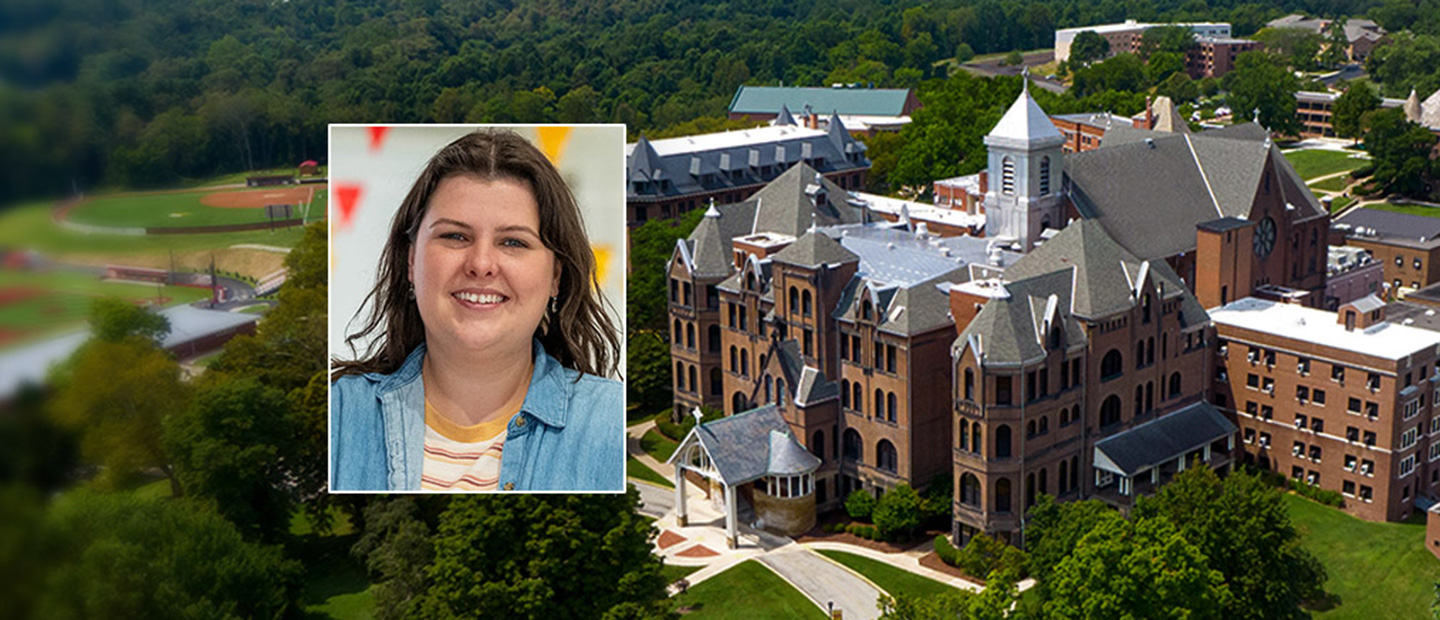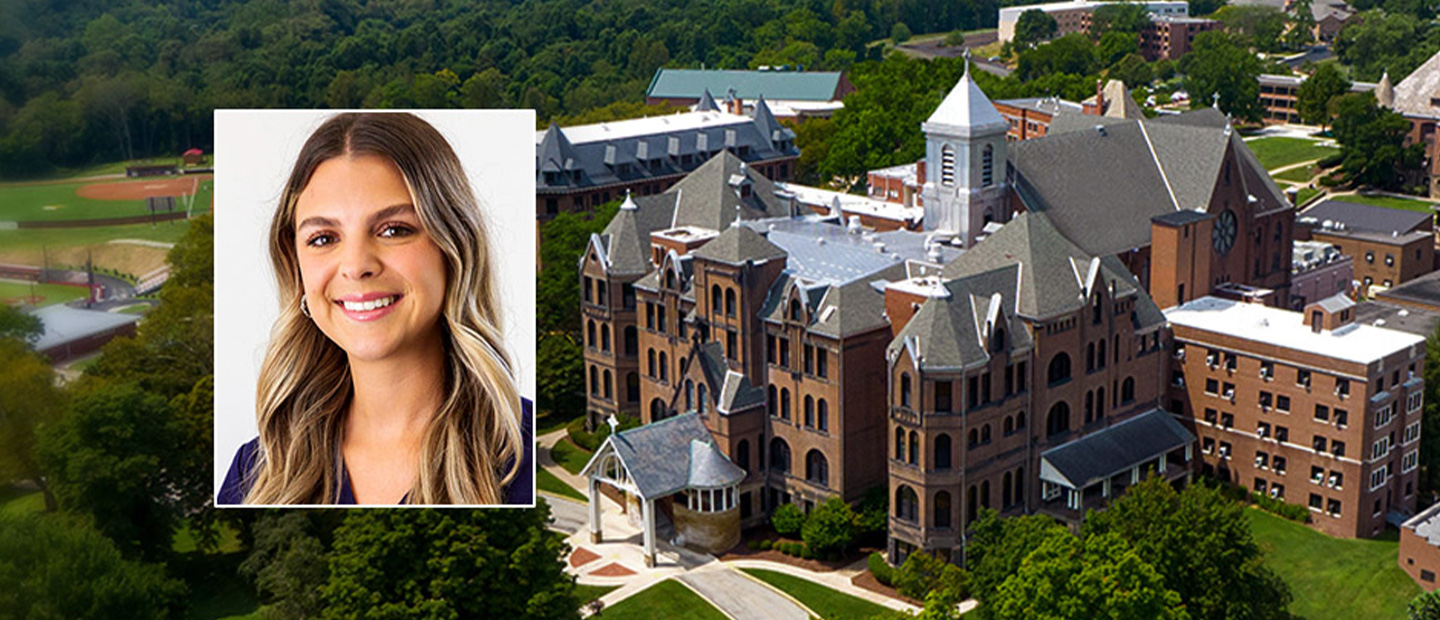Building a H.O.M.E. on the Hill
Project H.O.M.E. Seeks to Expand on Diversity Efforts at Seton Hill
As members of the President’s Task Force on Diversity, Equity and Inclusion were talking with students about what they wanted Seton Hill to be, Sister Maureen O’Brien, Vice President for Mission and Identity, was particularly struck by the comment made by one of the students.
“They wanted Seton Hill to not be a hotel – but a home,” Sister Maureen said. “So in order to allow our students from diverse populations to experience this sense of home, we recognized we needed to have a diverse group of student leaders who can help guide us in these efforts and train the student leaders who come after them.”
What was born out of the conversations of the Task Force – and in particular the work of the group’s Mission Committee led by Sister Maureen and Labrea Pringle, a 2017 Seton Hill alumna and educator – was Project H.O.M.E. (Honor, Openness, Magnfication, Educate).
“Project H.O.M.E. is a vitally important program aimed at planning, organizing and synthesizing diversity, equity, inclusion and anti-racism training among students,” said Seton Hill President Mary Finger. “Through Project H.O.M.E., Seton Hill is providing training for diverse current and emerging student leaders. These participants will be accessible to students experiencing issues related to diversity, equity and inclusion and will serve as advocates. We believe Project H.O.M.E. can be a national model for diversity, equity and inclusion efforts on college campuses.”
Dr. Momodu C. Taylor, Chief Diversity Officer at Seton Hill, added, “Project H.O.M.E. is a program designed to enhance and grow an inclusive campus climate at the university where all are welcome and have a sense of belonging. It is my hope that this program expands into campus life, reimagining our campus community and giving thoughtful analysis to our processes and systems to further the goals of diversity, equity and inclusion at Seton Hill and in the greater Greensburg community.”
Sister Maureen said that Project H.O.M.E. came to the forefront after the Task Force developed its mission statement.
“After we finished the mission statement and defined the underlying values, we realized that there had to be people who had to evaluate how we were living out that mission. We needed to have student leaders specifically trained in diversity, equity and inclusion who could be the ones that would evaluate the climate from the perspective of students. They would also be available to be people who other students could come to when they were really experiencing issues that involved a lack of appreciation or a lack of understanding of our diverse student populations.”
She added that Project H.O.M.E. aligns with the overall mission of Seton Hill University – and with the charism of the Sisters of Charity.
The inaugural cohort of 10 student leaders for Project H.O.M.E. were nominated by faculty and staff and were selected through an extensive interview process.
They began intensive training – developed and led by Pringle – during the Spring 2022 semester, which will continue this summer and beyond.
“I think one of the real benefits of Project H.O.M.E. is that it’s rooted in learning – the students are learning how to identify discrimination when they see it and how to identify bias,” Sister Maureen said. “It’s not just based on feelings. It’s based on a learning experience that helps them to be more aware and more mindful of discrimination and injustices.“
“The training was very intentional about defining those key terms and having an openness – sharing their own identities in a safe space and to think about the identities of other people,” Pringle said. “Future training will not just be self-reflective but will teach the students to be problem solvers and advocates for themselves and others. That was a key push point for developing the curriculum in that way. We are starting with ourselves and ending with all of us.”
Pringle, who has a master’s degree in Urban Education and is now pursuing a doctorate at the University of Miami, teaches English at a school in Wake Forest, N.C., and is passionate about social justice issues. She sees the same passion in the cohort members.
“They have a willingness to keep their feet on the gas. ... They really are empowered to do something about what they are experiencing,” she said.
Each member of the Project H.O.M.E. cohort was awarded a leadership scholarship for their participation, which speaks to the importance of the program to Seton Hill, Sister Maureen said.
Beyond their work in the Seton Hill community, the Project H.O.M.E. program will help these students became better citizens in their communities after graduation.
“They will be agents of change who will change systems which discriminate against others,” Sister Maureen said.
Added Pringle, “We are preparing students to be global citizens, and I think my ability to come back to my alma mater to do something to continue to transform the lives of students so that they can transform the world in other ways – that’s what it’s all about. It’s a cyclical transformation, and I think that’s how we’re going to effect change.”



